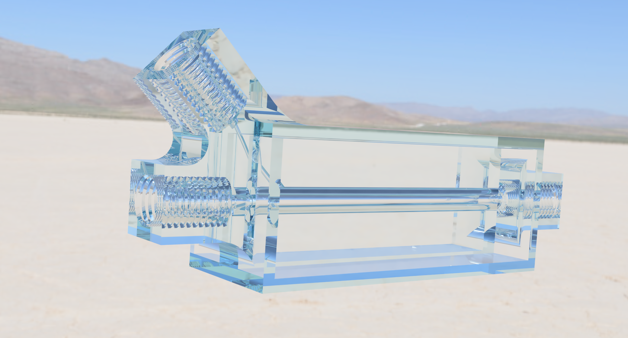Efficient mixing in magnetically levitated fluidic channels
RESEARCH PROGRAMME
P1: Nanotechnology for energy harvesting
P6: Sustainable nanotechnologies and critical raw materials
PhD PROJECT DESCRIPTION
In the 90s, EU pharmaceutical companies moved API (active pharmaceutical ingredient) manufacturing to China and India for lower costs and easier regulations. Now, only 25% of APIs for generic drugs are made in Europe, with 74% of raw materials and intermediates coming from outside the EU. This dependency risks the supply chain, highlighted by shortages during COVID and the Ukraine war. To secure medicine supplies, Europe is working to bring API production back, but it must be cost-effective and environmentally friendly, following the UN 2030 Agenda’s Zero Pollution Ambition, using innovative and efficient reactors.
Our group has pioneered a completely new way of designing efficient chemical reactors. To this end, we have used magnets to levitate channels by surrounding them with magnetic ferrofluids (https://www.nature.com/articles/s41586-020-2254-4). Because the channels have no solid walls they are nearly frictionless, and therefore drastically lower the environmental impact, in terms of required energy as well as by lowering the required amounts of solvents.
This PhD project aims to develop efficient mixing strategies in levitated channels for use in flow chemistry processes. You will design and 3D print geometries to hold permanent NdFeB magnets to change the levitated devices. Mixing efficiencies will be assessed using the Villermaux-Dushman reaction and X-ray radiology. The unique aspect of our technology is that it is capable of handling solids (for example: precipitates, aggregates, catalyst particle, etc.) and viscous liquids inside small ~1 mm channels, where normal fluidic reactors would get clogged. A research internship (secondment) is planned to Qfluidics SAS in Strasbourg (France) to get industry experience. You can enroll in the doctoral program of the Autonomous University of Madrid (UAM), on the same campus as IMDEA Nanociencia.

APPLICANT’S REQUIREMENTS
In addition to the EU mobility rules, you holds a master in fluid dynamics, flow chemistry, chemistry, or chemical engineering. You are fluent in English (C1) both in written and oral form. You work well in an international team.
RESEARCH GROUP DESCRIPTION
The Systems Chemistry Laboratory works on chemical reaction cycles to keep supramolecular polymers and materials out of their thermodynamic equilibrium. To this end, a wide range of chemistries—like enzymatic, (photo)redox, (photo)catalysis, functional group transformations—are combined with fluidic devices. In addition, fluidic devices are used to innovate in the field of flow chemistry and chiral separation. The group is very international (> 10 nationalities) and all work is done in English. We are keen to commercialize technologies that originate from our studies.
RESEARCH SUPERVISOR
Prof. Thomas Hermans
thomas.hermans@imdea.org
Research Group website: https://www.imdeananociencia.org/systems-chemistry-laboratory/home
